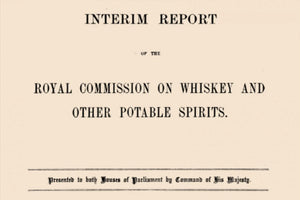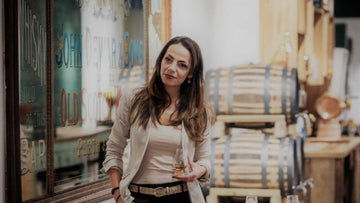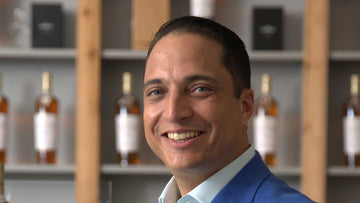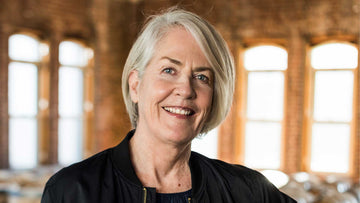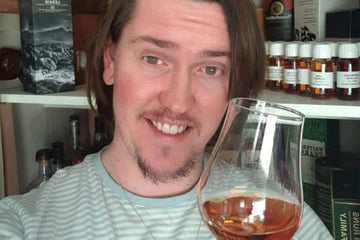Shortcut: The “What is Whisky” case
Name: “What is Whisky?” A huge lawsuit in which the single malt (or “self”) whisky industry lost emphatically to the blended whisky industry.
Age: We’re talking turn of the Century. Nineteenth and Twentieth, that is.
Appearance: That bashful blush when a cunning plan has backfired spectacularly.
Who started it? The Irish. Sort of. It’s complicated. Four of Dublin’s biggest pot still distillers, joined forces to lay down the law (as they saw it) in Truths About Whisky, published in 1878. Thing is, their distillation method was also used in Scotland at the time…
So, we have the pot still purists on one side. Who were they against? Everyone else, really. Specifically, the Irish and the Scotch blended whisky industries. Determined to ostracise the blenders, the purists launched a highly publicised and righteous campaign claiming that blended whisky wasn’t really whisky at all.
Why wasn’t it whisky? Because they said so.
Were they right to say that? Therein lies the problem. At the time, there was no formal definition of the spirit. The 1875 Sales of Food and Drugs Act was the only piece of legislation to safeguard whisky drinkers.
What a headache. That’s where your wrong, actually. “Not a headache in a gallon” was the notorious claim of the Cambus pure patent still Scotch grain whisky ad that appeared on the front-page of the Daily Mail.
That doesn’t seem very responsible. Not a grain of truth, you might say. Anyway, that’s beside the point. The tale takes a turn to the London Borough of Islington.
I didn’t see that coming. Nobody did. In an unprecedented move, local magistrate Edward Snow Fordham fined two publicans £100 each for serving their Islington customers “poor quality” whisky containing 90 per cent grain spirit that was no more than one year old.
Fordham was a purist? Correct. He decreed that whether grain or malt, unless made in a pot still, whisky could not be called whisky.
Purer than pure. What did the blenders make of that? They were understandably furious and appealed, hence the Royal Commission of 1908. After much debate (in some 37 sittings), it was decided that grain whisky – and therefore blended Scotch whisky – could in fact be called whisky after all.
A big win for the blenders! Huge. Undoubtedly a significant development, the “What is Whisky” case in many ways shaped the whisky industry as we know it today.
Do say: Thank heavens for legal definitions.
Don’t say: Sometimes you have to take pot luck.

